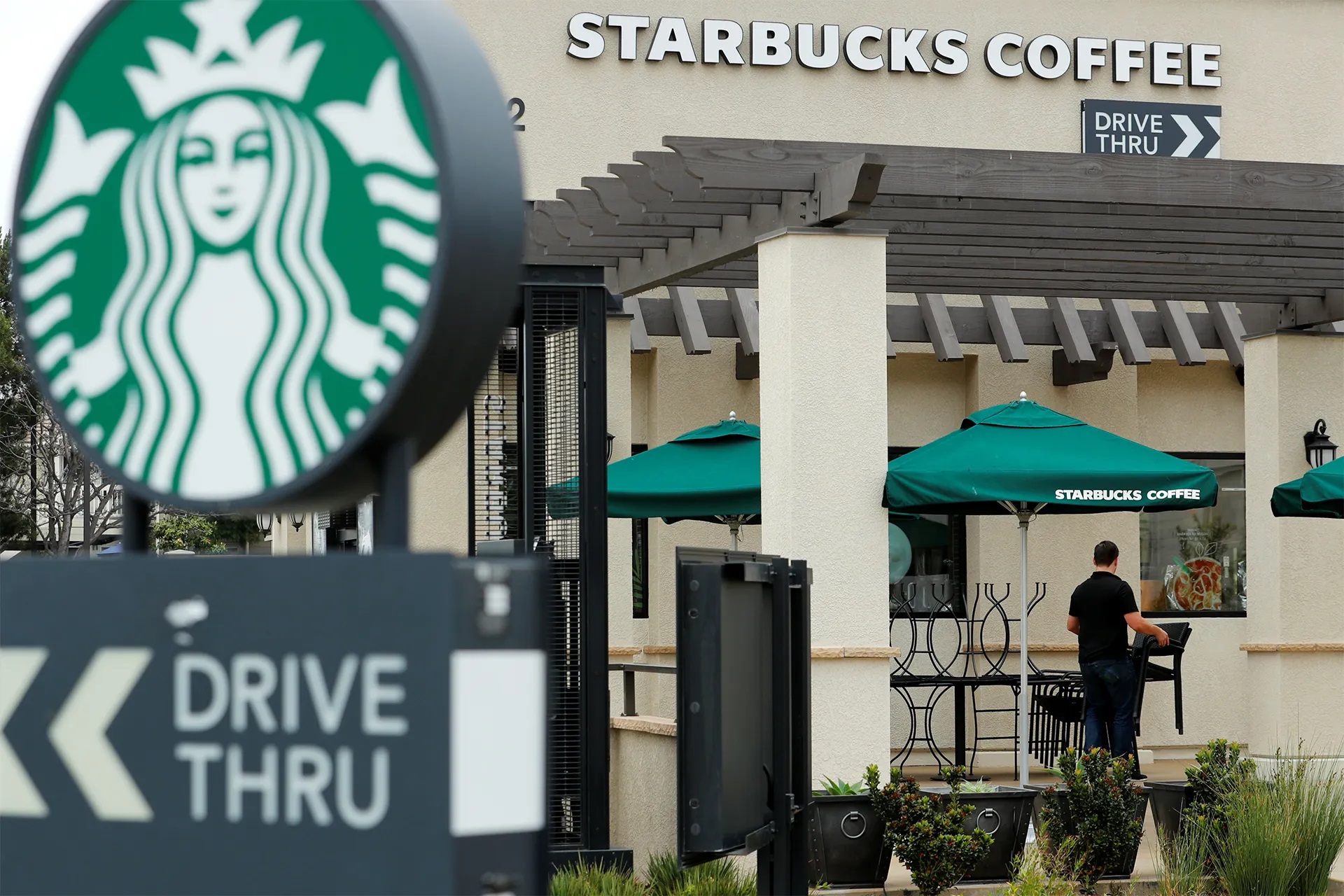Watan-In a move influenced by boycott campaigns launched following the Israeli war on Gaza, Alshaya Group, operating in the retail sector in the Gulf region and holding the Starbucks franchise in the Middle East, decided to lay off more than two thousand employees.
In a statement, Alshaya Group said: “As a result of the challenging commercial conditions over the past six months, we have taken a regrettable and extremely difficult decision to reduce the number of colleagues in Starbucks cafes in the Middle East and North Africa.”
They added: “We will work hard to ensure that we provide departing colleagues and their families with the support they need, and in this context, we would like to express our sincere gratitude for their hard work and dedication to Alshaya Group and the Starbucks brand.”
ستاربكس بصدد تسريح 2000 عامل بها بسبب المقاطعة#حرب_غزة pic.twitter.com/I0nqUGyRpt
— قناة الجزيرة (@AJArabic) March 6, 2024
A company spokesperson told Reuters: “We empathize with the Starbucks employees who will be laid off, and we want to thank them for their contributions… Starbucks remains committed to closely collaborating with Alshaya to achieve long-term growth in this important region.”
laying off 4% of the workforce
This comes as sources said that the job cuts, which began on Sunday, target laying off around 4% of the total workforce at Alshaya, which amounts to about 50,000 people, mostly concentrated in Starbucks branches in the Middle East and North Africa.
One source mentioned that boycott campaigns have caused difficulties in the company’s working conditions.
Meanwhile, Starbucks’ stock – listed on the Nasdaq – has declined by 1% to $91.50 so far.
Starbucks is one of the major brands affected by popular boycott campaigns protesting against the war conducted by the Israeli army on Gaza, after these companies openly supported the occupying army.
Earlier, Starbucks admitted that Israel’s war on Gaza had affected its business in the region, leading to lower-than-expected results in the first quarter.
عاصفة المقاطعة تجبر #ستاربكس على تسريح 2000 موظف في #الشرق_الأوسط#إرم_نيوز #starbucks pic.twitter.com/OnWLRFENfD
— Erem News – إرم نيوز (@EremNews) March 5, 2024
It added that sales were significantly affected due to the “conflict” in the Middle East and the United States, where some consumers organized protests, launched boycott campaigns, and demanded the company take a stance on this issue.
The boycott extended to Starbucks’ largest markets in the United States when a group of cafes found themselves in trouble after a tweet from the group’s labor union expressing solidarity with Palestinians, prompting actions against the union, fueling a social media backlash, and leading some unionized company workers to protest against it in over 200 branches across the United States.
